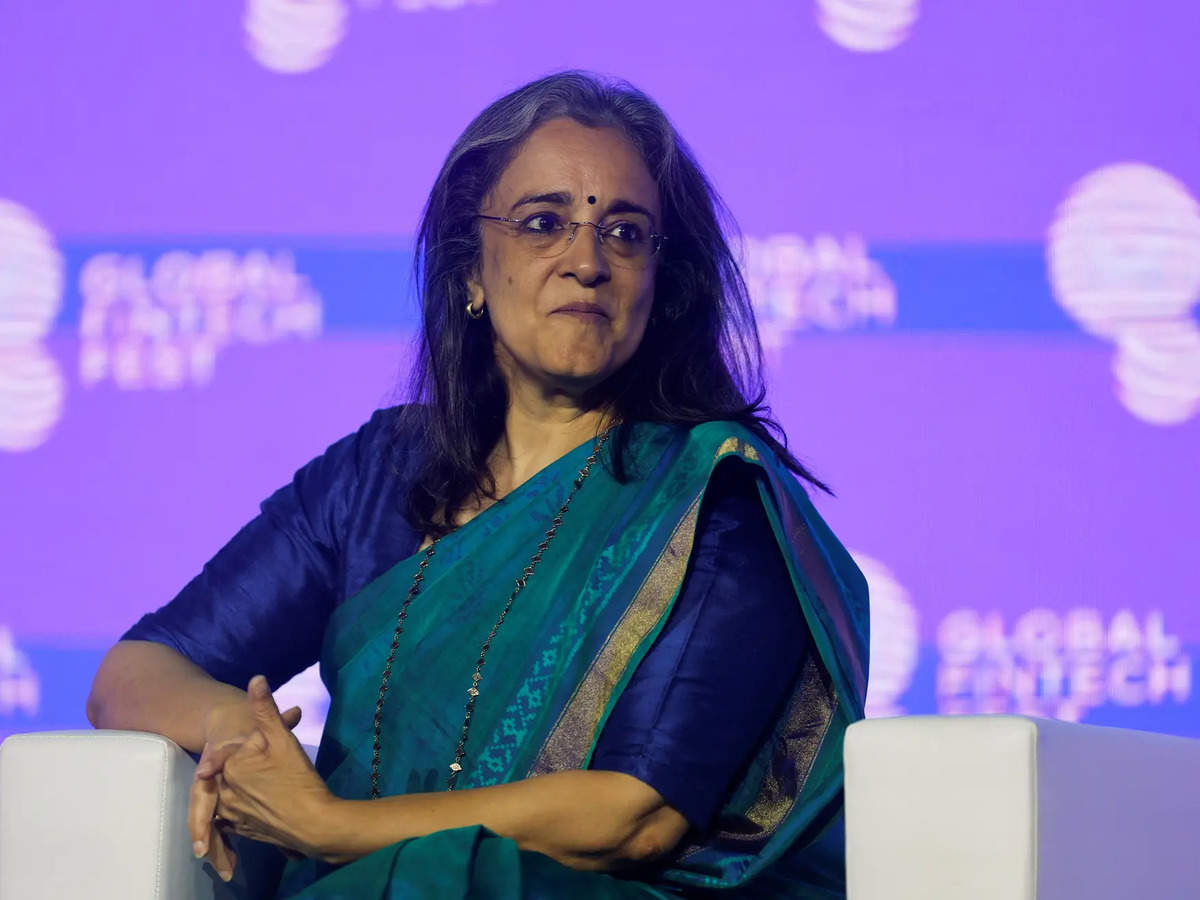About 200 employees of Securities and Exchange Board of India (SEBI) on Thursday held a protest at the market regulator's headquarters at Bandra Kurla Complex (BKC) in Mumbai seeking the resignation of SEBI chairperson Madhabi Puri Buch. These employees also agitated against a statement released by the market regulator calling their earlier letter on unprofessional work culture to the Union ministry of finance (MoF) 'misguided by external elements'.
Quoting an internal message among SEBI employees, the report says, "The protest is for the purpose of showing dissent and unity against the arm-twisting exercise done by the top management in the garb of a press release. The immediate demand is withdrawal of press release and resignation of SEBI chairperson for spreading lies against SEBI's employees."
In the statement, the market regulator says, "It is our belief that SEBI's junior officers, who were in large numbers, originally aggrieved in respect of house rent allowance (HRA), have been misguided, perhaps by external elements to believe that as 'employees of a regulator', they should not be held to high standards of performance and accountability even though, they have in fact demonstrated that they are fully capable of delivering to high standards to the market ecosystem."
"To believe that they are being 'underpaid', even at a cost to company (CTC) of Rs34 lakh per annum and that it would be in their interest to use issues of work culture to bargain for monetary benefits and to believe that they should get automatic promotions," SEBI says.
Moneylife is one of the publications that received the 6 August 2024 letter, sent anonymously from a Proton mail ID.
Last month, SEBI officials in grades A to C held a 15-minute silent protest at the regulator's head office in Mumbai on many issues, including the newly launched digital management information system (MIS) for key result areas (KRAs).
Key issues faced by SEBI employees, according to our sources, include issues with house rent allowance-HRAs, loans to employees (which they want to be on par with Reserve Bank of India-RBI), attendance (they want it less strict), creche facilities, allowances, MIS issues, study leave, computer allowance, pensions, work from home option, health check-up and bonding beyond work.
However, SEBI says, "...a group of employees consciously designed a strategy to change the narrative to frame the issue as relating to the work environment, with an objective to have bargaining power to seek more benefits. Accordingly, a letter focused on 'work culture' was crafted and sent to the human resources department (HRD) on 6 August 2024. Thereafter, after seven days, apparently, as part of the strategy, a second letter was submitted with a long list of 16 demands for numerous monetary and non-monetary benefits, including an increase in HRA. Further, automatic promotions at lower performance ratings without interviews have also been 'demanded'."
According to SEBI, while the letter of 6 August 2024 laid great stress on unreasonable targets, when, in response to this feedback, the KRAs were reviewed, the majority of the KRAs were reaffirmed 'as is' by three to four levels of management, and only a few departments saw minor changes to their KRAs.
Commenting on its work culture, the market regulator says it is committed to ensuring that it is responsive to the market ecosystem and all its participants, in terms of speed of approval and facilitating ease of doing business as well as in carrying out timely investigation and enforcement against wrongdoing in the market.
"The claims of unprofessional work culture in the letter dated 6 August 2024 are misplaced and seem to stem from instances such as under-pitching of the processing capability of officers by as low as one-fourth of actual capacity, misreporting of status of achievement of KRAs, shuttling of files between departments over a long period to avoid taking decisions and 'adjusting' appraisal marks of poorly performing officers to 'somehow' make them eligible for promotion," SEBI says.








